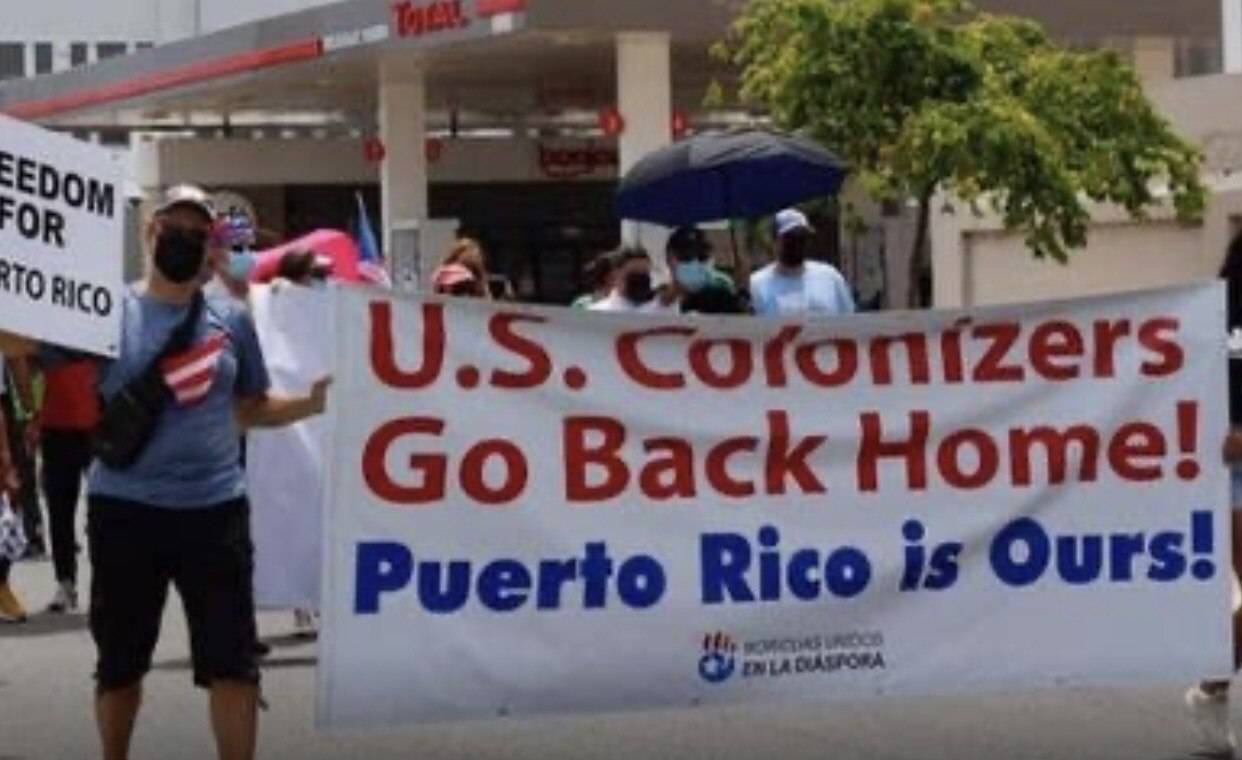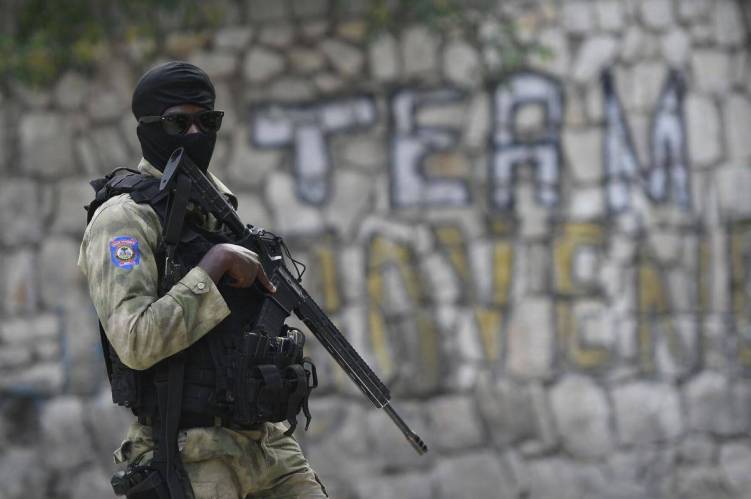Puerto Ricans Reject Annexation to the United States

On Sunday, hundreds of Puerto Ricans took to the streets of San Juan to protest against the support of Governor Pedro Pierluisi to a U.S. Lower House bill aimed at annexing Puerto Rico to the United States.
“We are a Latin American people. We reject the annexation proposal since it would lead to the absorption of our identity and culture,” Puerto Rico’s Independence Party (PIP) Secretary Juan Dalmau stated and condemned that the United States colonizes his country by granting it a commonwealth status.
Protesters marched from the Luis Muñoz Park to the Legislative Assembly’s building, to the Legislative Assembly, in front of which women made a performance to honour Lolita Lebron, the leader of a nationalist command that fired the U.S. Lower House hemicycle in 1954 as an act of protest against U.S. rule.
The march took place ten days before commemorating the 1868 Cry for Independence from Spain and the 2005 assassination of the Boricua People’s Army leader Filiberto Ojeda by the Federal Bureau of Investigation (FBI).
Through the Paris Treaty signed in 1898, Spain ceded its sovereignty over the territory of Puerto Rico to the United States. Since then, although this Caribbean country has a constitution, flag, governor, and legislative assembly, it has been considered an "associated" state to the United States, which manages its defence, currency, immigration, and customs.
Puerto Rico’s residents have had U.S. citizenship since 1917. However, they do not enjoy all the constitutional rights of an American citizen since they cannot choose the U.S. president or their representatives to the U.S. Congress.
In 2005, the United States eliminated tax exemptions for U.S. companies based in Puerto Rico. The suspension of this policy, which benefited the Island for 20 years by encouraging the inflow of U.S. capital, provoked an economic recession and increased unemployment. As a result, about 47 per cent of Puerto Ricans currently live in poverty.






0 Comment